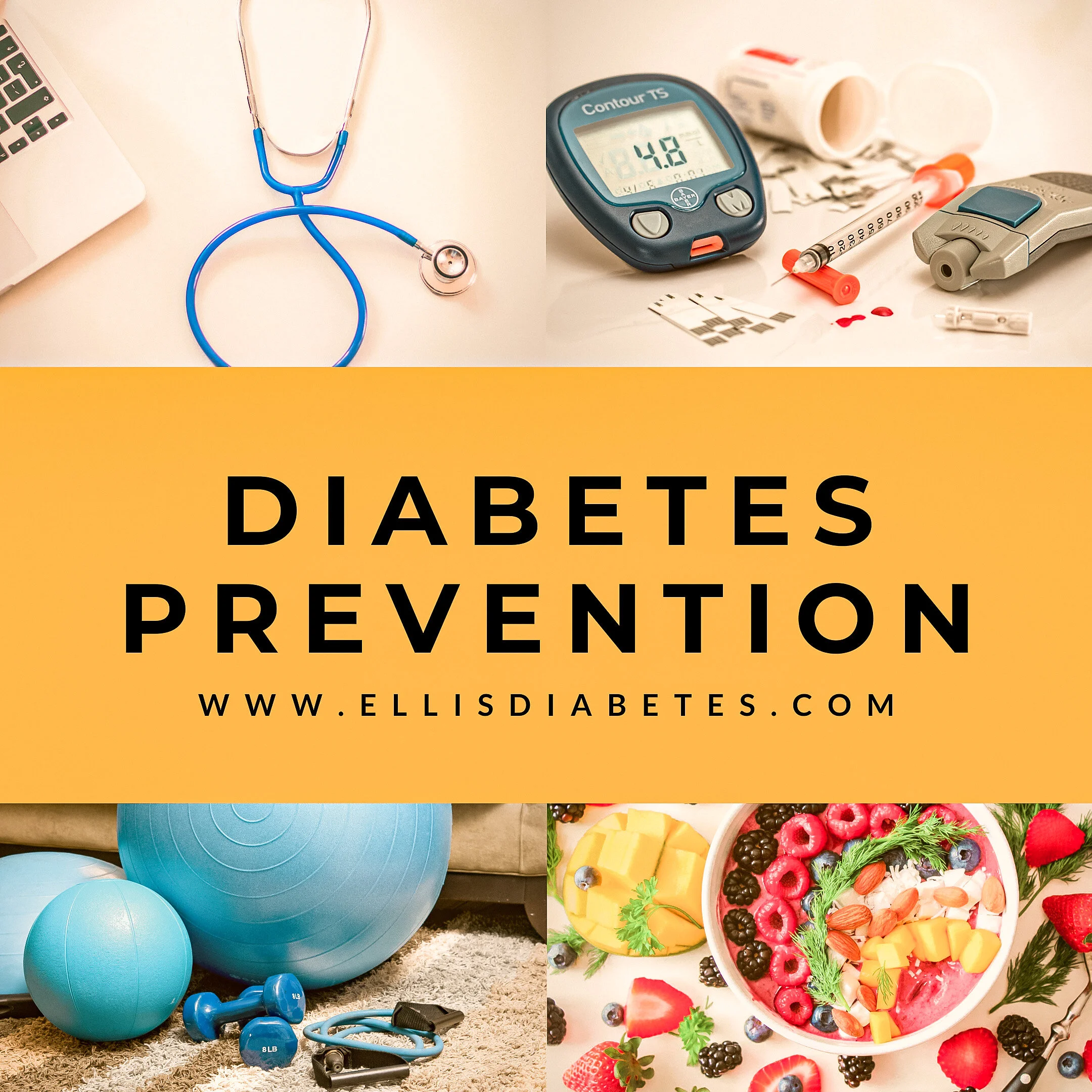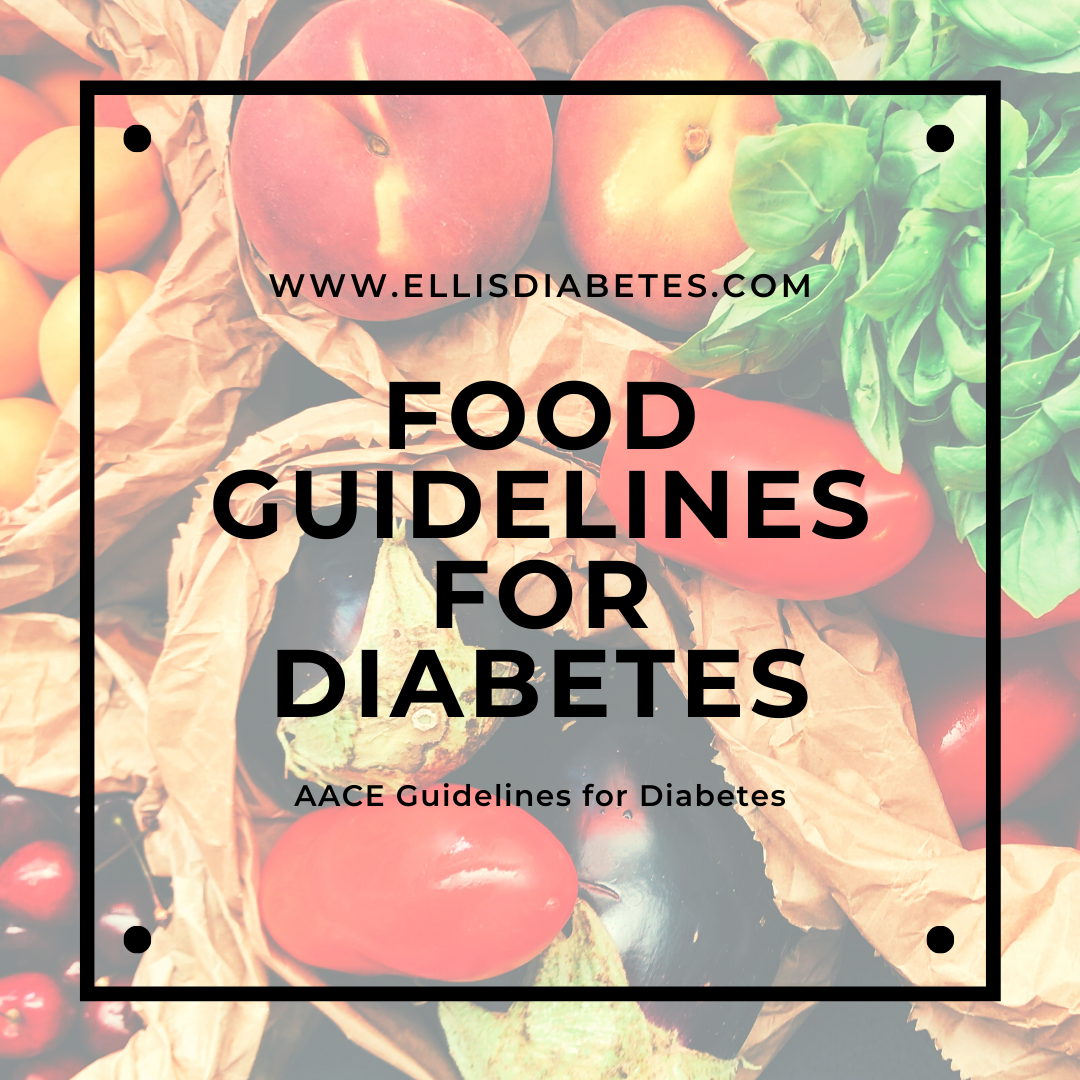Now that we are in a new year, its time for an updated Standards of Care. Every year, the American Diabetes Association publishes the year’s Standards of Care. It comes with recommendation and the areas that providers should apply to their care of patients with diabetes. I thought it would be a good idea to give an overview of sorts for my nurse practitioner colleagues.
All tagged food guidelines for diabetes
Emotional Awareness During Eating
Hey guys! I wanted to pop in to discuss a way that can assist in the patient’s emotional awareness during eating. One component you can add to your Dietary Food Recall is the location of where they are eating and their feelings at the moment of eating. Let me explain…
Why I prefer a 3-day Food Recall
Hey guys! Yesterday, I posted about a thorough Food Recall and I wanted to pop in today and answer a common question: How long should I do the Food Recall? Personal, I prefer a 3-day Food Recall.
Dietary Recall for Diabetic Patients
So let’s talk about a good FOOD RECALL for diabetic patients! In all honesty, performing a food recall is beneficial for any patient but it can be extremely insightful for you and your patients with diabetes. The purpose of it is to get an accurate daily dietary intake. This especially important because we see clearly what the issue for the patient is. Is it that they binge eat? Is it that they make unhealthy choices when they are hungry? The food recall can tell this plus more and can assist us with tailoring our education for the patient.
How to Prevent Diabetes Mellitus
It goes without saying that most people want to PREVENT diabetes at all cost. So you can imagine how many conversations I have over this very topic. People have seen family members and loved ones suffer with this chronic disease and they just don’t want to be fooled with it. Diabetes has this black cloud over it, something like a death sentence to some. People automatically think that they will be put on insulin shots or have amputated limbs and because of this a good portion of diabetes education is spent debunking misconceptions. Now clearly, untreated, diabetes can and will wreck havoc on one’s life but that doesn’t have to be the case. So I thought it would be great to give some talking points over ways one could prevent diabetes.
Medical Nutrition Therapy for Diabetes
According to the Centers for Disease Control & Prevention (CDC), Medical nutrition therapy (MNT) is a key component of diabetes education and management. MNT is defined as a “nutrition-based treatment provided by a registered dietitian nutritionist.” It includes “a nutrition diagnosis as well as therapeutic and counseling services to help manage diabetes.”
Food Guidelines for Diabetes
How many times have you been asked by patients: “How should I eat as a diabetic?” or “What’s the best diet for diabetes?” or “What kinds of food can I eat?” For me…countless times but have you noticed when it comes to dietary counseling for diabetes, it’s a broad spectrum. It’s kind of all over the place. With all of the fad and designer diets, no wonder our patients are confused.







